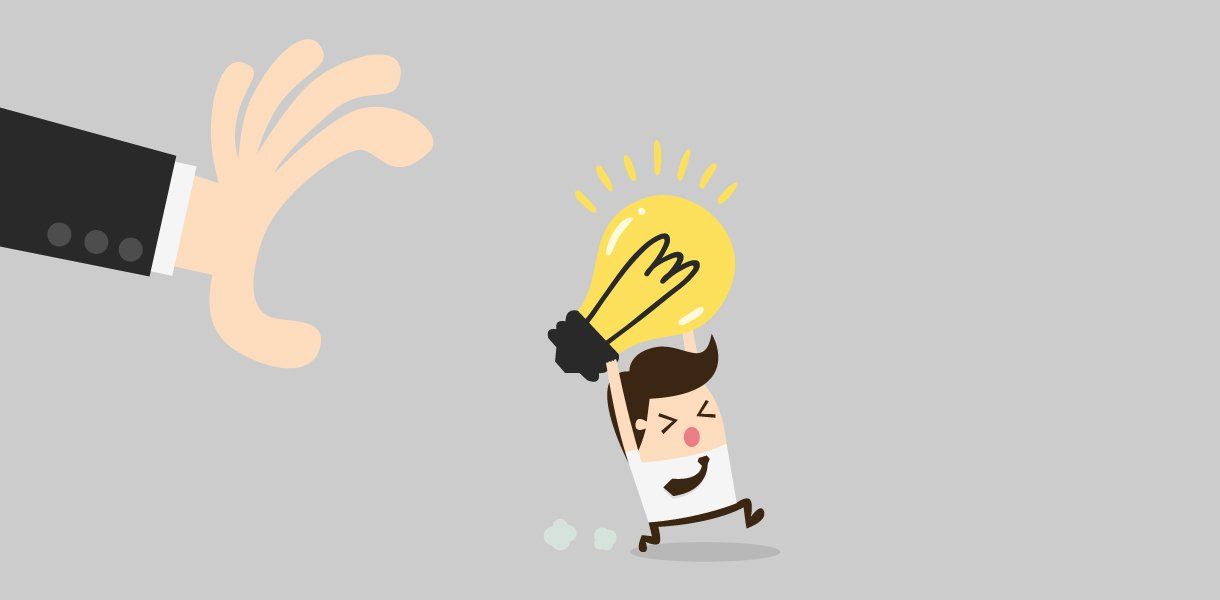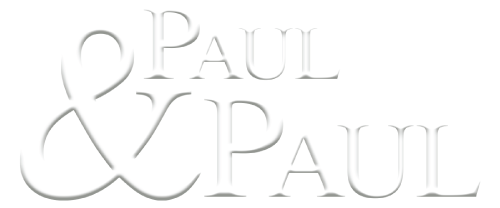Intellectual property is a term used to describe a variety of property rights from intangible objects. Here, you will learn about the importance of protection.
What is Intellectual Property and Why is it Important to Protect?
“Information wants to be expensive because it’s so valuable. The right information in the right place just changes your life. On the other hand, information wants to be free, because the cost of getting it out is getting lower and lower all the time. So you have these two fighting against each other” said Stewart Brand, a well-known writer from the United States, in a Hackers conference.
Let’s look at the duality of this quote while understanding the relevance of the king of intangible assets: intellectual property.

Intellectual property basics: On its face, the concept of intellectual property seems paradoxical. With the advancement in information technology, the information becomes more crucial and valuable. And the platforms to deliver intellectual property assets both tangible and intangible have grown by an order of magnitude.
However, the very advancement in technology enables people to share IP assets such as text, videos, and pictures on social media more freely, which has had a large impact on the value of intellectual property. As putting control measures on illegal copying and dissemination of information on social platforms such as Instagram, Facebook, and Twitter is difficult, the valuable information becomes readily available, leading to the devaluation of the information.
Note that not every idea is one of intellectual property. Only those business assets like ideas, products, or services on which the ownership rights have been established come under intellectual property and thus qualify for the varying types of IP rights.

Below are the four forms of Intellectual Property
Trademarks – Trademark refers to design, word, symbol, or words which represent the products and services of a company. Some examples of popular brand names that have strong brand identity include Apple, Nike, Coca-Cola, GE and McDonald’s. One can readily identify a brand with its trademark. A company can register its trademark if it’s available.
Patent – The idea of patenting is usually misunderstood. You would often hear people saying that “I am going to patent this idea or that product”. However patent doesn’t give you the right to use or make something. In fact, it gives you the right to exclude others from making your product. Some of the strange patents include a high-five machine. As per the law, nobody can make a high-five machine, but you need to make all the information about making the products available publicly. Once your patent expires, others can use this information to create their products.
Trade Secret – Taking something from the abstract and establishing it has true market value can give even ideas substance as a form of intellectual property known as trade secrets. McDonald’s is a good example of a trade secret. McDonald’s was founded in Chicago in 1955. If McDonald’s had patented the recipe for its burgers, it would have been available for public use after the expiry of its patent. Thus McDonald’s chose to keep the recipe as a trade secret. Anything unique to your business like marketing strategy, ideas, and sales methods can be kept as a trade secret. You must take the help of a Philadelphia intellectual property lawyer to help you maintain a trade secret as unlike a patent, a trade secret cannot be registered directly.
Copyrights – Copyright means exclusive right to print, publish, and record. Copyright protection saves the work of artists or authors from potential infringements. Using a picture, song, or a movie clip without the required permission of the owner can be considered a copyright infringement.

Why does intellectual property matter?
Intellectual property and intellectual property protection matter for a wide variety of reasons. From increasing a company’s commercial value and its market share to raising the accounting standards and legal protection of all entrepreneurs with a modicum of IP protection know how entering the marketplace with a new product, the potential profits of intellectual property are staggering.
- The economic benefits of IP laws are crystal clear. IP rights drive economic growth and market competition– Industries based on intellectual property account for over ⅓ of total U.S. GDP, whereas the overall impact of the intellectual property comes to 40% of US financial growth and employment. Thus, the significance of intellectual property for economic growth cannot be ignored.
- Prevent the loss of your intellectual property – If you are working for a company and have been sharing your ideas or creative work, you must know who retains the ownership of that work, and what are the terms and conditions of the work you do. If the company holds the right to the creative work done by an employee, you would lose your intellectual property. Thus, it’s important that stay informed to avoid any such loss.
- Avoid potential infringement- Using someone’s intellectual property unknowingly can lead to you pay heavy fines or penalties. Some common examples of Intellectual property infringement include using copyrighted novels, movies, songs, videos, and pictures.
- Encourage innovation- As owners know that their information is protected, intellectual property rights facilitate the flow of the information.
These are the basics of intellectual property. If you have an idea and want to explore on how it could benefit from filing, or have general questions about anything ranging from the USPTO to licensing agreements to the patent system and how it affects patent owners, seek out Paul & Paul’s services, please give us a call toll-free at (215) 568-4900 to speak to an attorney today. Protecting intellectual property, securing the viability of international trade, assuring proper European patent protection and dealing swiftly with the forms from the U.S. Patent and Trademark Office are our specialties.

Featured Legal Term: Patent
According to Black’s Law Dictionary, a patent can be defined as: “A patent is a legal document which provides protection to the ideas of any individual. Usually issued by the Patent Office of a country, the patent is granted to any firm or individual. Usually, patents constitute of four different classes: Machine (a device or apparatus created by a person for the performance of a specific task, process (a process created by an individual), manufacture (any fabricated or manufactured product) or the composition of matter (any chemical mixture or compound created by a person). Patents can be sued for.”
